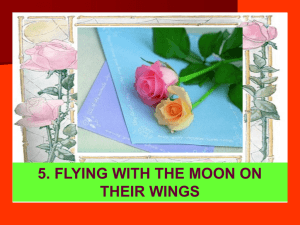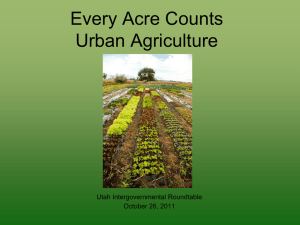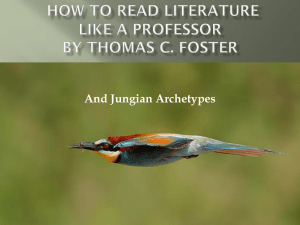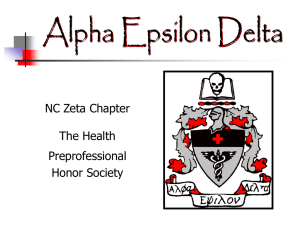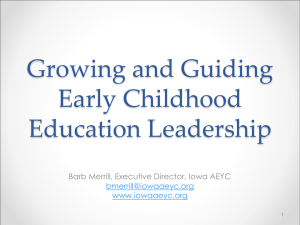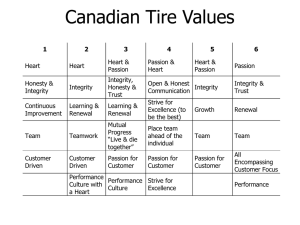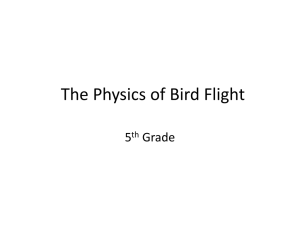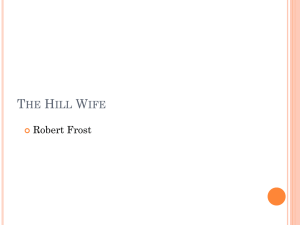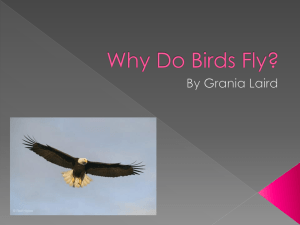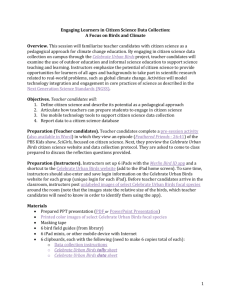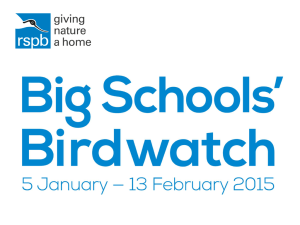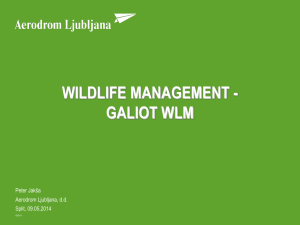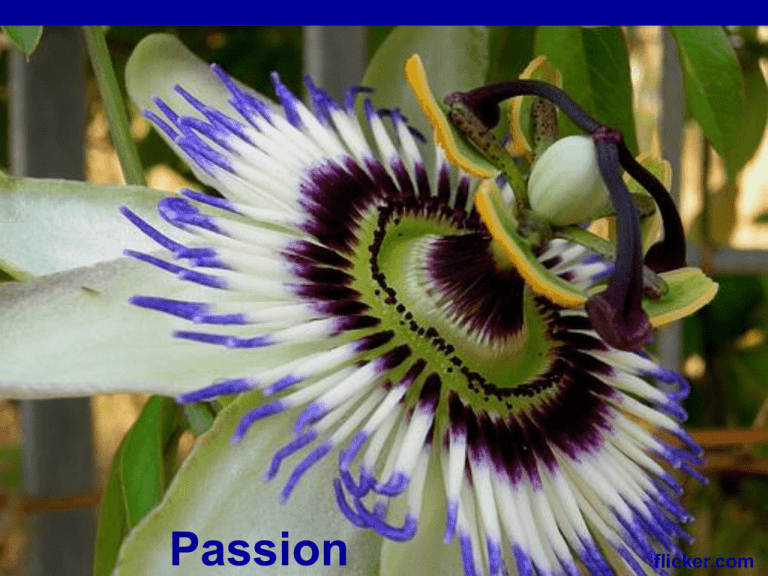
Passion
flicker.com
Ruth McKurtrey
While eating the lotus
I forget the way home
(Odysseus)
Peter Dearden OU
Peter Dearden OU
Peter Dearden
Peter Batson
•
Paths to passion
• Our role as facilitators
A gift from Dan Reddiex
- Rector Kings High School
Scanning Electron Microscope
Images
What am I ?
Jessie McKenzie
• Heads Up , for Teachers of Science,
Technology and Mathematics
• Jessie.McKenzie@royalsociety.org.nz
Asking questions
Developing a passion
Albert Einstein
• Learn from yesterday, live for today, hope
for tomorrow
• The most important thing is
• Not to stop questioning
Employing the art of the
argument
Compare, evaluate, discuss
The life and times of a cnidarian
Is sex worth the trouble?
Cnidarians
A range of cnidarians
Does Patrick need sex?
genetics
phenotypes
biodiversity
variation
Does Patrick
need sex?
physiology
anatomy
biochemistry
evolution
bioethics
ecology
Thinking tools
Achieved
Merit - explain
Excellence – evaluate/significance
Preparing to write
Preventing corrosion
of rubbish bins
Use other metals
•Galvanise
•Chrome covered
Exclude oxygen/water /salt
•Oil
•Lid
Cover the metal
•Bin liners
•Paint
Comparing and contrasting
Properties of solids
Properties of gases
Properties of liquids
Communicating
Are we speaking the right language?
How about the delicate matter of Patricks
quandary…
• Michael from Dunstan
• Brendan and Naomi, South Otago High
School and Mount Aspiring College
Are we on the same “wave length”
Eddie Izzard – a humorous view
The Death Star Canteen
Critical thinking
Alison Campbell
Scholarship criteria
The student will use biological knowledge and skills to
analyse biological situations and integrate ideas into a
coherent response.
For “outstanding performance”, the student will
demonstrate perception and insight in the analysis and
integration.
(Biology Scholarship standard, Ministry of Education)
Scholarship students are expected to demonstrate high
level critical thinking, abstraction and generalisation, and
to integrate, synthesise and apply knowledge, skills,
understanding and ideas to complex situations.
(Scholarship Performance Reference Group)
Question 3, 2004
Scholarship Biology
The three examples shown represent just some of the
diversity found in bony fish.
Use the diversity of the fish and/or any other named
group(s) to discuss the following statement:
‘Diversity is the end product of evolution.’
Candidates who did not achieve the standard tended to
describe rather than discuss in Question 3, and while
there were a lot of descriptions of the diversity in fish,
there was little or no attempt made to discuss the
evolutionary processes that resulted in this diversity.
Candidates gave their own opinion as an evaluation.
Overall:
Successful candidates addressed the question asked,
with minimal irrelevant material presented. Answers
were coherent with ideas integrated, and it was clear
these candidates spent time planning their answers
and organising their ideas.
Unsuccessful candidates wrote in generalisations
rather than specifics e.g. “it evolved by natural
selection”. They tended to use inappropriate
descriptors e.g. “catastrophic”, “terrible”, rather than
biological terms.
Critical thinking means seeking reliable knowledge.
Many students fail to assess the reliability of
information to which they are exposed in everyday life,
let alone pursue the dissection of scientific literature.
And many people are deceived and defrauded by
pseudoscience. Practice in critical thinking prompts
thoughtful examination of the role of science in society.
Wind farms & bird kills
Wind farms & bird kills:
In the United States (where some of the earliest wind
farms were poorly sited in areas where there were lots of
bird movements), a study shows that between 10,000 and
40,000 birds are killed by turbines each year.
This seems like a lot – and a good reason to reconsider
the use of wind farms…
However, you need to consider the other causes of bird
deaths. In the US:
• cars & trucks kill 60 – 80 million birds per year;
• buildings/windows kill 98 – 980 million per year;
• communication towers kill 4 – 50 million per year;
• the biggest killers of birds are domestic & wild cats, which
are estimated to kill up to a billion birds every year.
Environmental scientists in NZ say that as long as care is
taken about where we site wind farms, they present only a
very small danger to birds & bats.
How can we develop passion and
knowledge
•
•
•
•
Three ways…
Read
Read
Read
Reading – meeting passion
• Ben Goldacre
• Hamish Campbell and Gerard Hutching
• Steve Jones
What books can we recommend to our
students?
• Where the willingness is great, the
difficulties cannot be great.
Niccolo Machiavelli
• pru.casey@obhs.school.nz
• Otagonet


